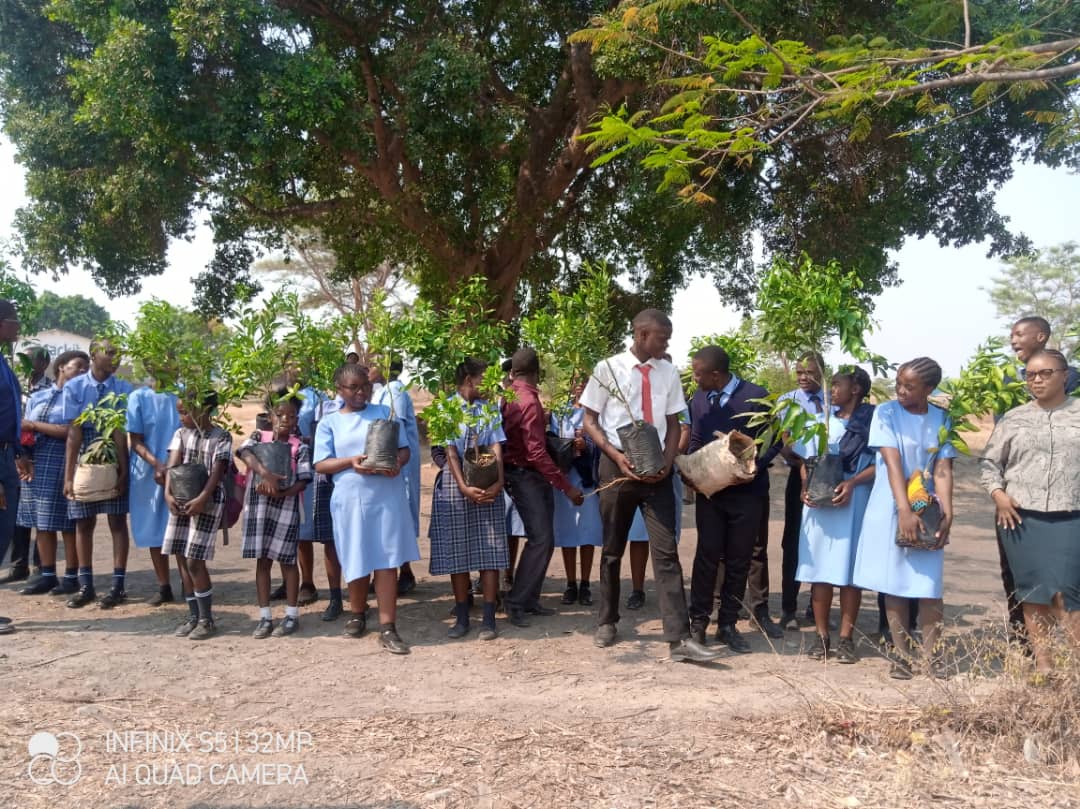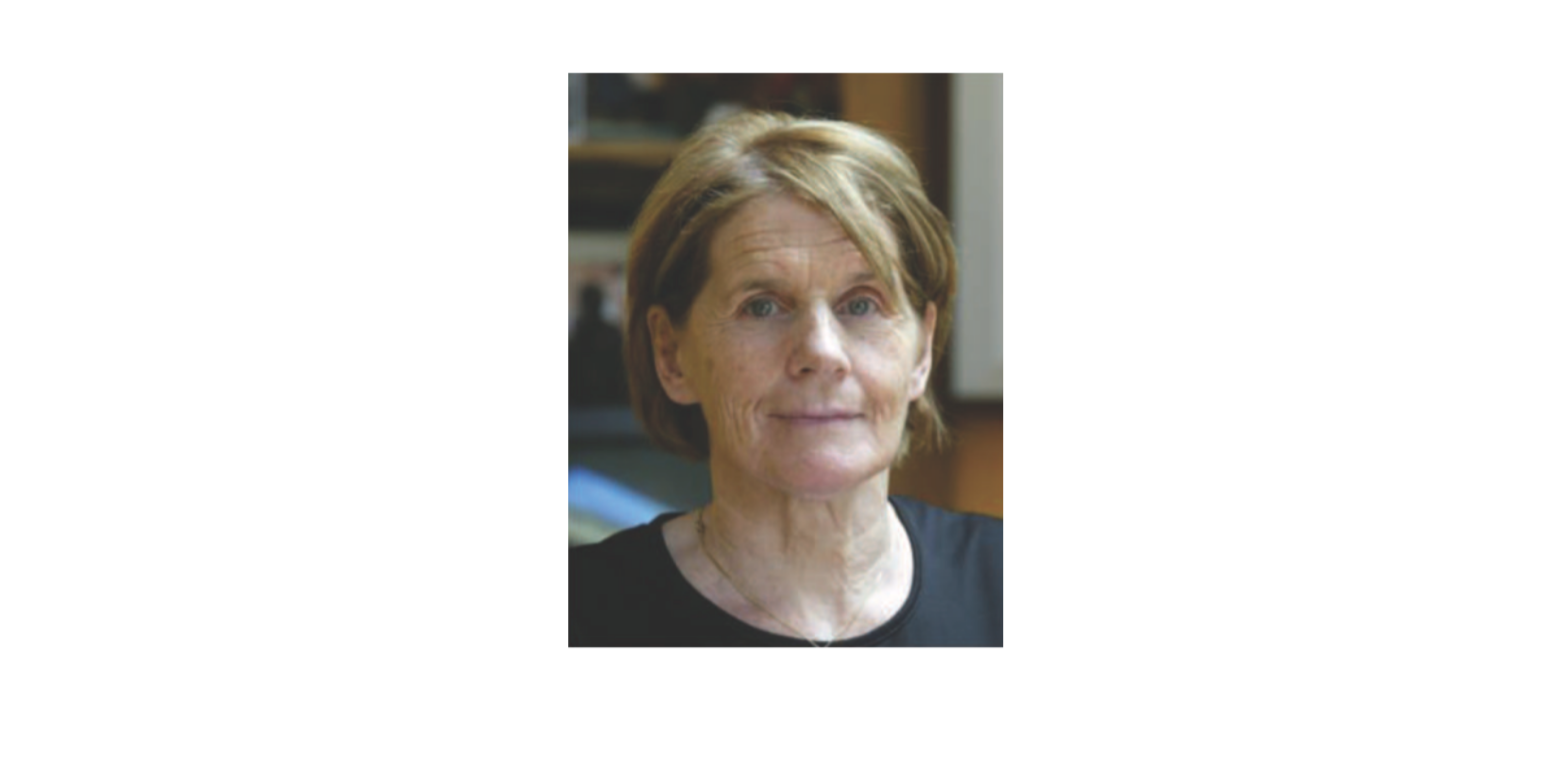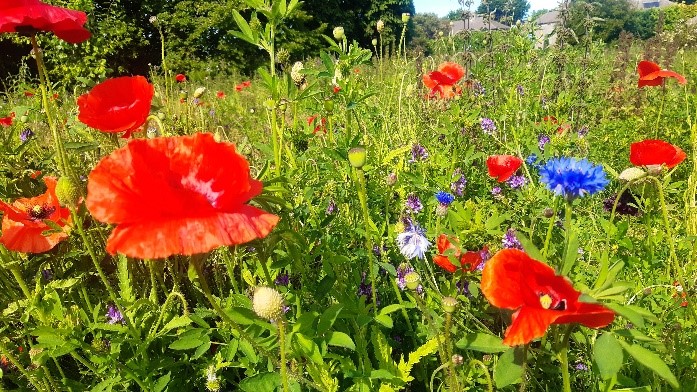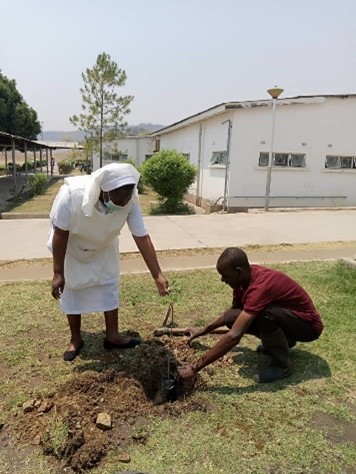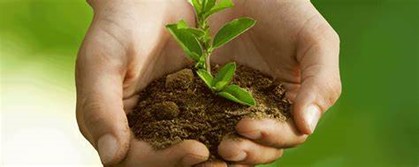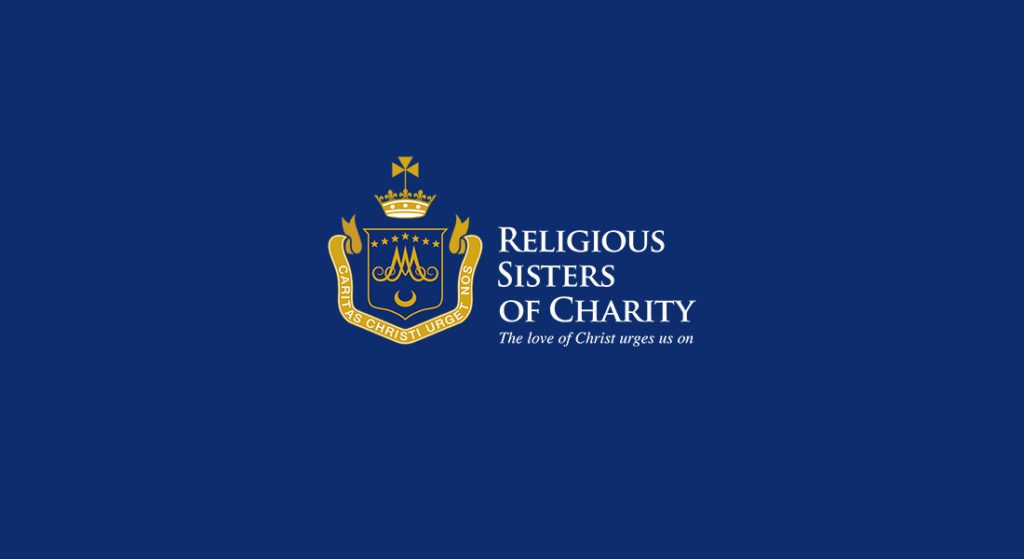
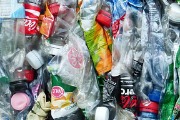 Sky News in the UK has been drawing attention to a major problem in our oceans. This problem is the vast amount of plastic which is finding its way into the sea. Sr Patricia Byrne writes that in the UK “rivers carry plastic from across the country out into the seas around us…
Sky News in the UK has been drawing attention to a major problem in our oceans. This problem is the vast amount of plastic which is finding its way into the sea. Sr Patricia Byrne writes that in the UK “rivers carry plastic from across the country out into the seas around us…
Once plastic reaches open water it can be carried for thousands of miles, but it is more likely to join one of five huge circulating masses of water known as ocean gyres. Gyres are mainly made up of tiny fragments of plastic that build up over time. These huge masses of plastic are found all over the world.
It takes many generations for plastic to break down and then it becomes micro pieces which fish consume. This results in damage to them and other marine life but also to us as the micro pieces enter the food chain. It is estimated that by 2050 the weight of the plastic in the world’s oceans will outweigh the fish.
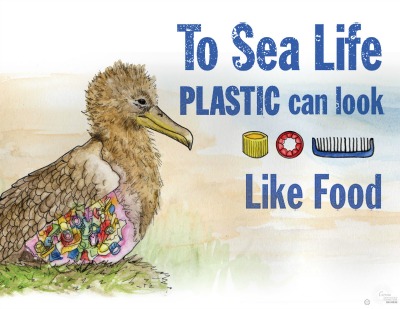 Birds too are affected. This plastic is slowly being broken down and ingested by birds. They swallow the micro pieces and feel full. As the pieces remain within their stomachs they don’t feel hungry and eventually die of starvation. The £28m Medmerry nature reserve on the West Sussex coast was created three years ago as a flood defence for the local area and also as a natural habitat for thousands of birds. However, twice a day the tide brings with it rubbish, much of it plastic, which is spreading across the wetlands and into the bird’s habitat. The RSPB (Royal Society for the Protection of Birds) warns the waste visible at Medmerry is just the tip of the iceberg.
Birds too are affected. This plastic is slowly being broken down and ingested by birds. They swallow the micro pieces and feel full. As the pieces remain within their stomachs they don’t feel hungry and eventually die of starvation. The £28m Medmerry nature reserve on the West Sussex coast was created three years ago as a flood defence for the local area and also as a natural habitat for thousands of birds. However, twice a day the tide brings with it rubbish, much of it plastic, which is spreading across the wetlands and into the bird’s habitat. The RSPB (Royal Society for the Protection of Birds) warns the waste visible at Medmerry is just the tip of the iceberg.
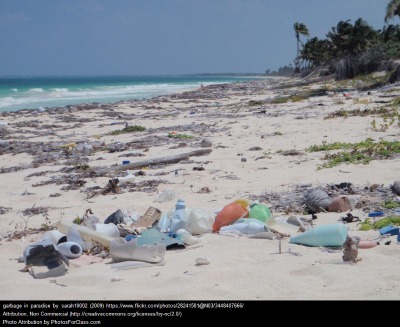 This introduces another problem created by plastic. Beaches in many parts of the world are now receiving the rubbish from the sea in large quantities. Beautiful beaches here in the UK and abroad, which have been tourist attractions for generations, are now being constantly covered with plastic bottles and other plastic rubbish and as a result the tourists are staying away and seaside communities are suffering.
This introduces another problem created by plastic. Beaches in many parts of the world are now receiving the rubbish from the sea in large quantities. Beautiful beaches here in the UK and abroad, which have been tourist attractions for generations, are now being constantly covered with plastic bottles and other plastic rubbish and as a result the tourists are staying away and seaside communities are suffering.
There are many suggestions for attempting to deal with the massive amount of plastic made for the massive number of bottles, containers and packaging which are used by manufacturers including: Here in the UK a we would like to see for starters a bottle deposit scheme – offering money for each plastic 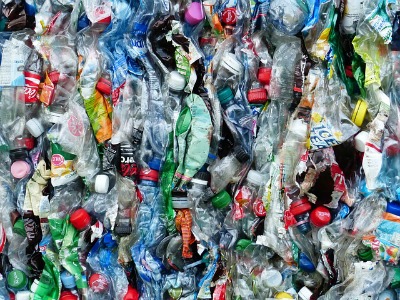 bottle returned, water fountains in cities to reduce the purchase of drinks in plastic bottles, pressure on manufacturers of soft drinks and other products delivered in plastic to use recycled plastic, pressure on councils to develop a long term strategy for effectively dealing with all types of plastic, and the introduction of plastic free aisles in supermarkets to give consumers choice as to whether to buy products encased in plastic or not.
bottle returned, water fountains in cities to reduce the purchase of drinks in plastic bottles, pressure on manufacturers of soft drinks and other products delivered in plastic to use recycled plastic, pressure on councils to develop a long term strategy for effectively dealing with all types of plastic, and the introduction of plastic free aisles in supermarkets to give consumers choice as to whether to buy products encased in plastic or not.
All of those ideas are in embryo but slowly there is a growing consciousness of the crisis which is unfolding and of the need to take action. There are solutions but it is finding the will to act.
As Sisters of Charity there is much that we can do, we can be more aware of packaging before we buy, purchase bio-degradable refuse sacks, be extra careful how we dispose of plastic containers and packaging and, probably most importantly, make sure our councils have an effective means of dealing with all plastic because, at present, all councils only recycle certain types of plastic, the rest goes into landfill or finds its way into our oceans. Its time we dealt with the menace that is plastic!”
The Story of the Plastic Whale is a two and a half minute video recently published by Sky News worth watching… click HERE.


